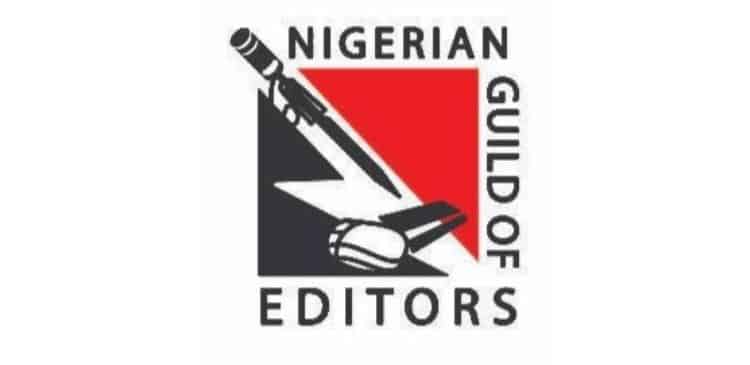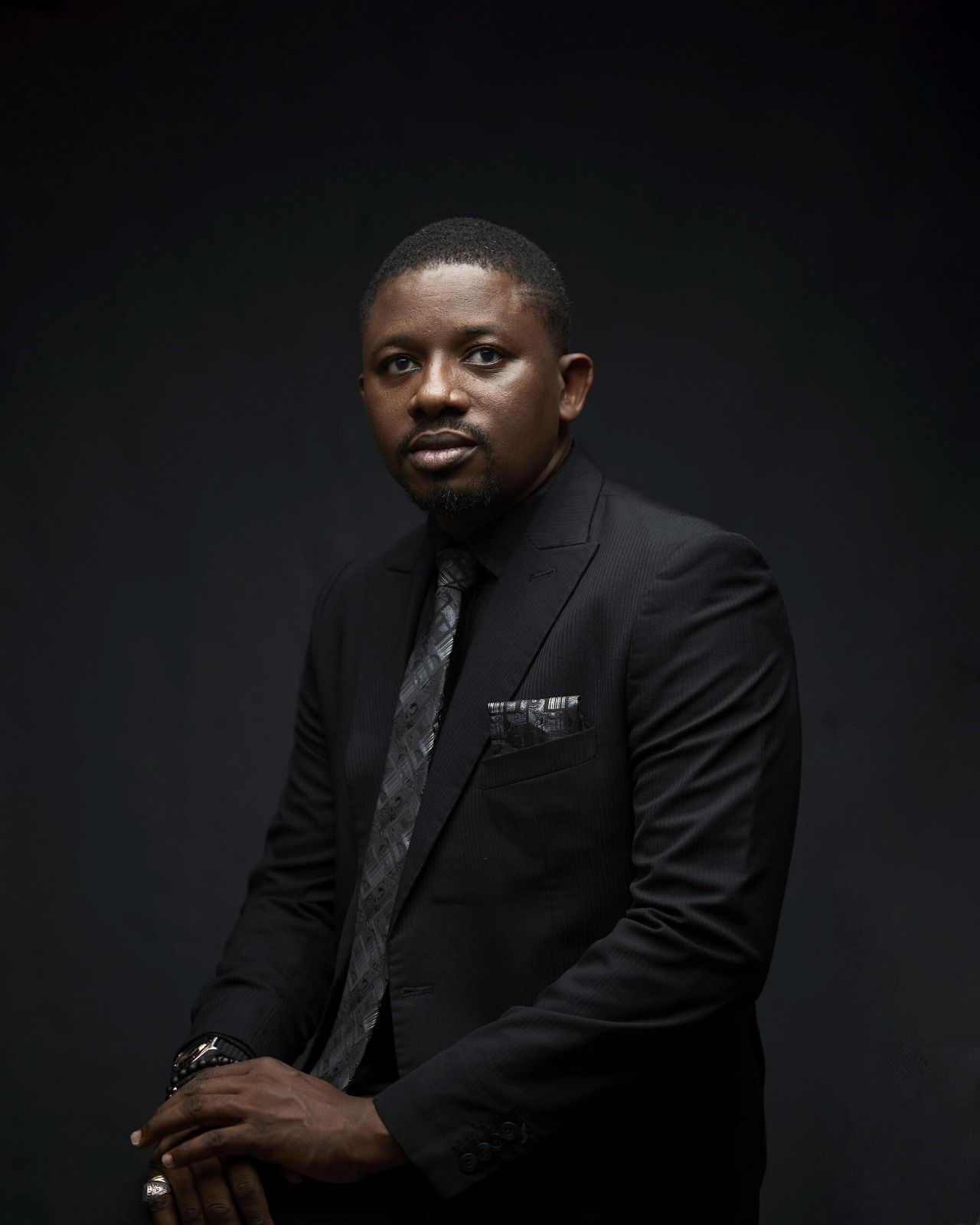By Zion Rufus
The ongoing National Biennial Convention of the Nigerian Guild of Editors (NGE) has shed light on the significant challenges faced by the country’s media industry.
During the opening ceremony held at Rockview Hotel in Owerri, Imo State, Mr. Mustapha Isah, the President of NGE, expressed concern over the obstacles hampering the media’s operations and emphasized the need for urgent attention.
Under the theme “Post-2023 Elections: Promoting Professionalism for Enhancement of Democracy and Good Governance,” the ongoing convention is expected to bring together distinguished dignitaries, including Vice President Kashim Shettima, Governor Hope Uzodinma of Imo State, Chairman of the Convention Tony Onyima, Ph.D., and Aremo Segun Osoba, who holds the honorary title of “father of the day.”
In his welcome address, Mr. Isah acknowledged the expertise of the keynote speaker, Dr. Chido Nwakanma from the School of Media and Communication at Pan Atlantic University in Lagos. Dr. Nwakanma is expected to provide an assessment of the media’s performance during the recently concluded 2023 general elections. Additionally, he will offer insights into the media’s role in monitoring elected officials to ensure they fulfill their campaign promises.
However, amidst the anticipation and discussions on enhancing professionalism, Mr. Isah highlighted the immense challenges confronting the Nigerian media. He pointed out the exorbitant costs of newsprint and broadcast equipment, which hinder media organizations from acquiring the necessary resources.
Furthermore, the underperforming economy has resulted in a decline in advertising revenues, exacerbating the financial strain on media houses.
Mr. Isah expressed deep concern about the impact of online media, which has further complicated the media landscape.
He lamented the lack of intervention from the Federal Government, which has initiated various financial assistance programs for other sectors but has not addressed the current state of the media industry. This discrepancy raises questions about the government’s commitment to upholding the media’s crucial role as a watchdog, responsible for holding the government accountable.
Highlighting the precarious situation, Mr. Isah emphasized that a sick and hungry watchdog would be unable to effectively fulfill its duty of scrutiny. He acknowledged the risk of some individuals praying for the continued struggle of the media, thereby evading accountability for their actions.
Despite the challenges, Mr. Isah assured his colleagues that the media would persevere. He called for continuous innovation and the adoption of new survival strategies. One such strategy, he suggested, is the full embrace of media convergence, which offers opportunities to generate additional revenue from diverse sources.
Drawing attention to recent developments, Mr. Isah mentioned the inauguration of the National Media Complaints Commission by the Nigerian Press Organization. The commission, chaired by Mr. Emeka Izeze, a distinguished Fellow of the Guild, was established in response to governmental attempts to regulate the media through unfavorable legislation.






Comment
No comments found.